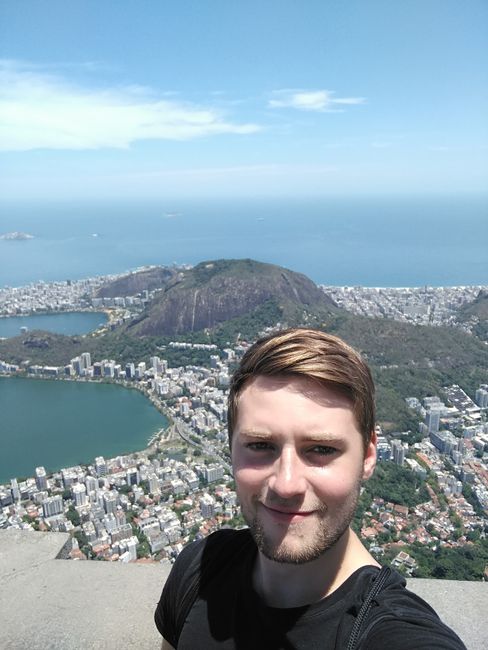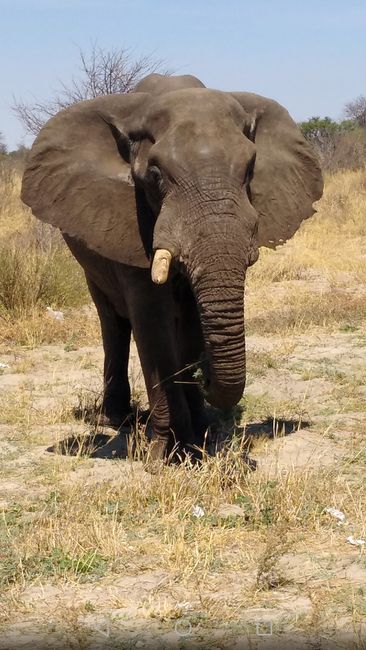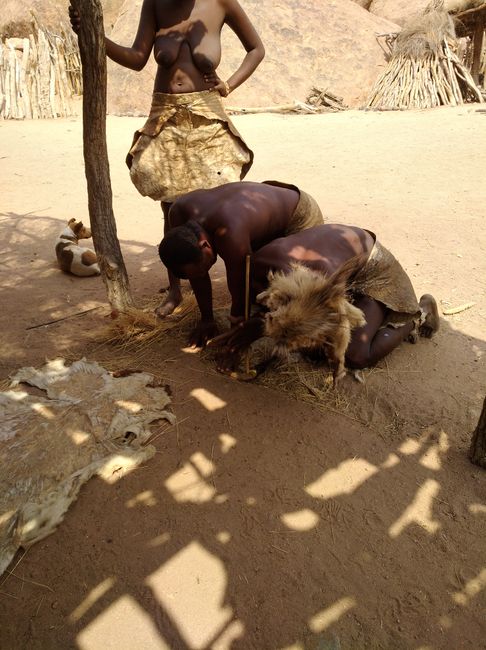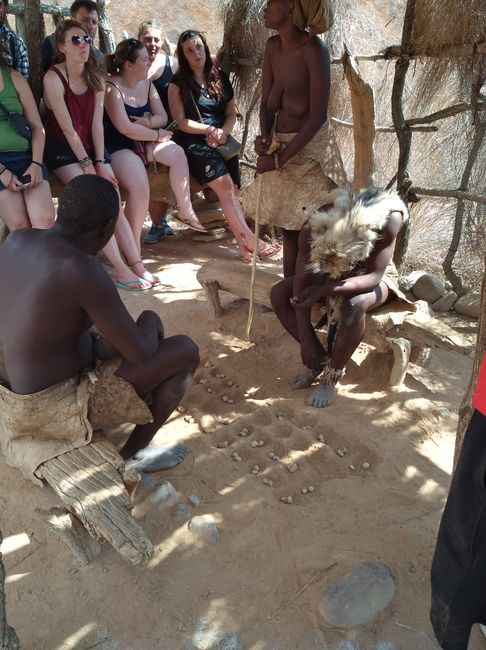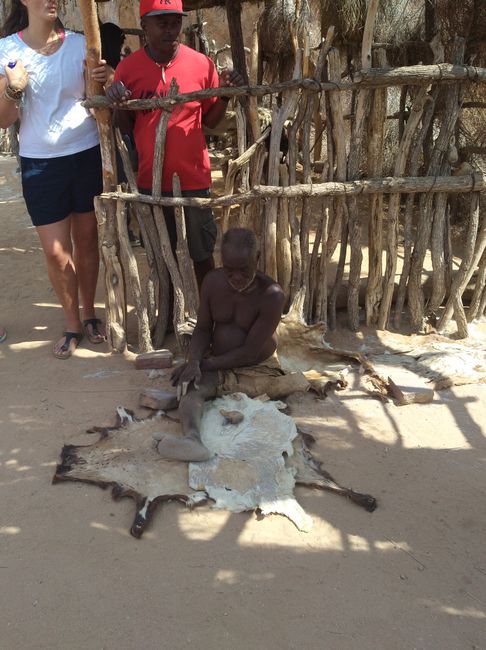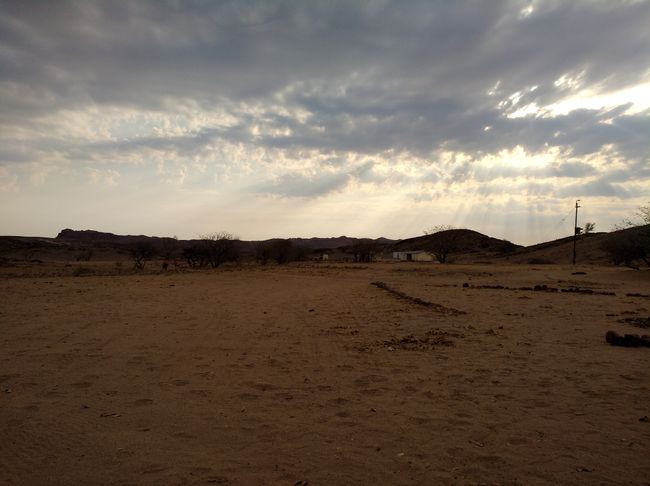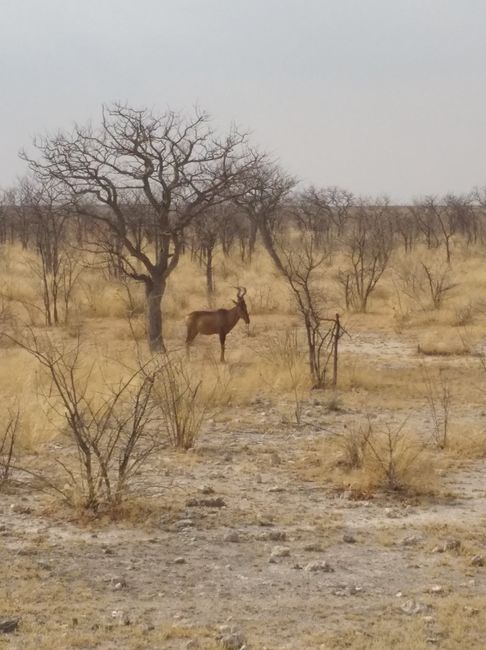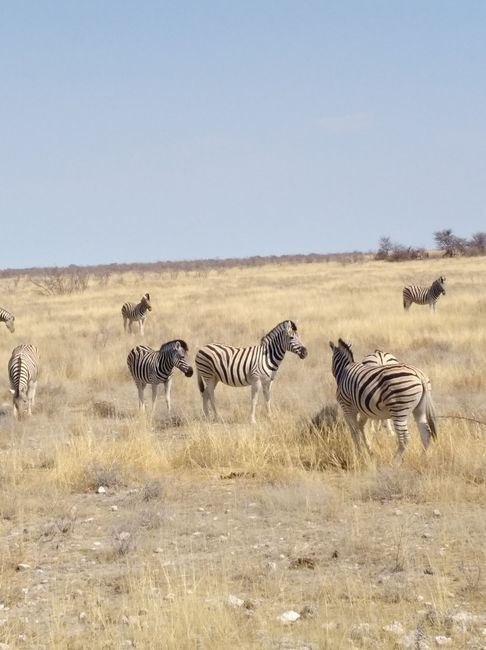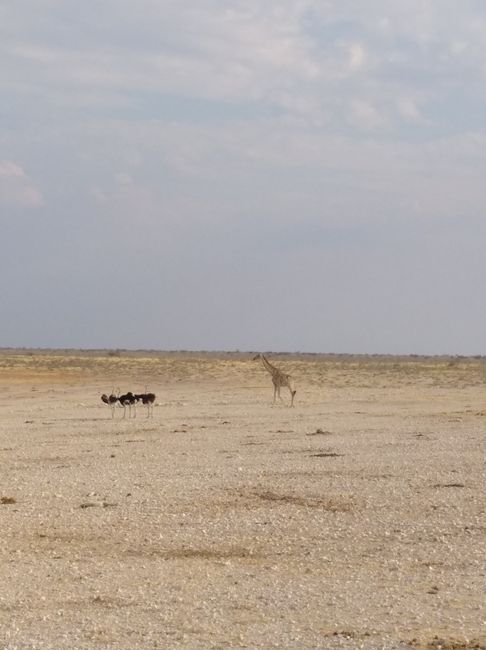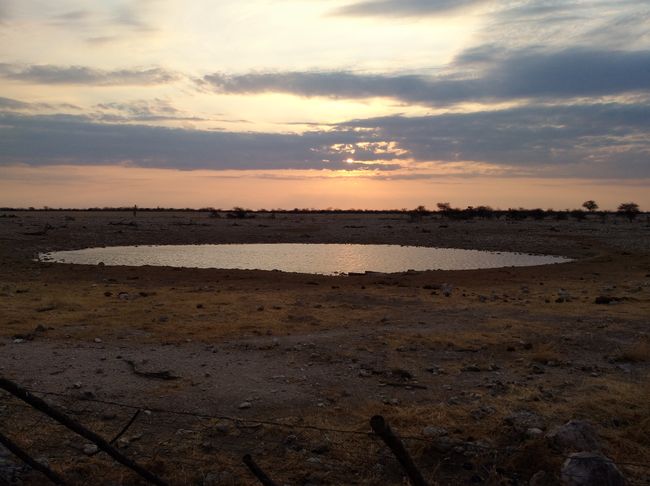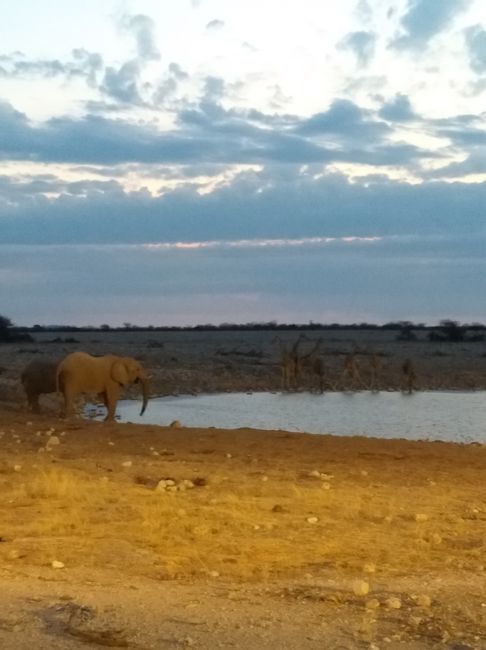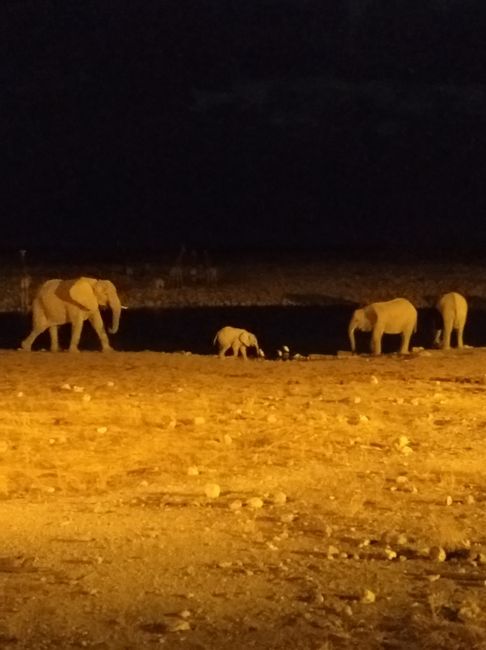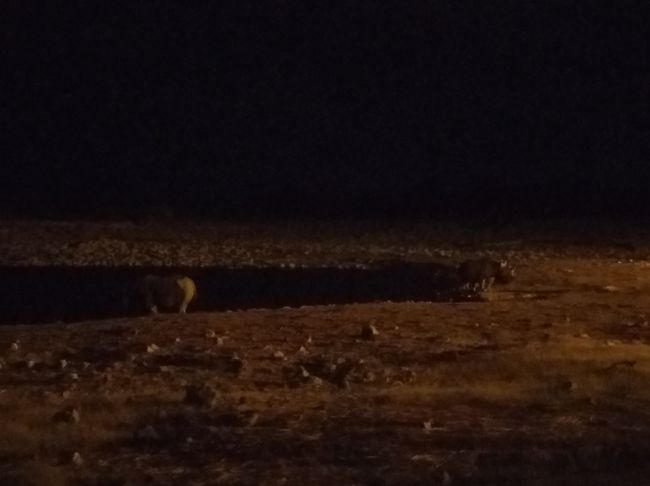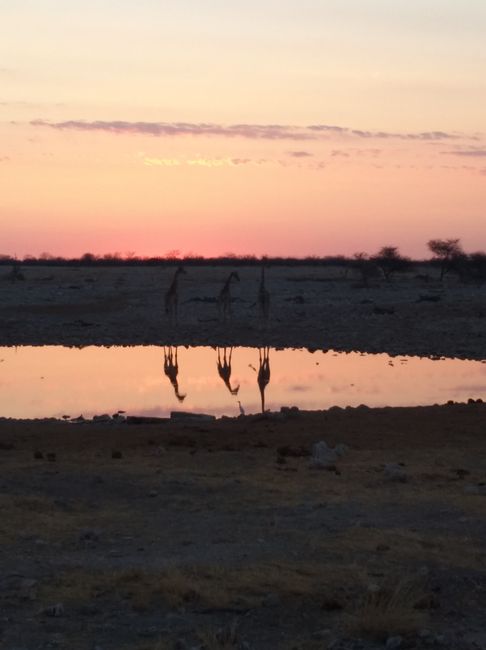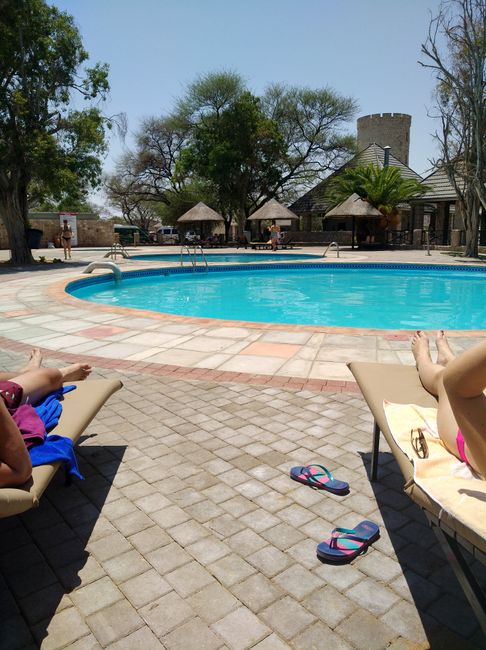Finally animals
प्रकाशित: 13.10.2017
समाचार पत्रिका के लिए सदस्यता लें
The continuation of my travel blog in Africa is proving more difficult than expected, due to limited broadband infrastructure and inadequate Wi-Fi. Therefore, I can only report irregularly and not as extensively as I would like. Nevertheless, I will continue to make an effort to describe my experiences as best as I can.
Our next stop was supposed to be the Damara Living Museum, a showcase of the Damara people and how they stay true to their traditional way of life in modern times. The Damara people are an African ethnic group native to Namibia and they call themselves 'Nukhoek', which translates to 'Black person'. Essentially, we were told by a few naked women how to make fire, how to make tourist souvenirs from ostrich eggs, and which diseases the local flora and fauna can help with. For example, inhaling elephant dung is said to help with headaches. Unfortunately, I wasn't allowed to take any with me.
Personally, I must say that I'm not a fan of the local population becoming more and more of a tourist attraction, even if they probably don't have much choice.
Next, we finally headed to the Etosha National Park, one of the highlights of the tour, where we were supposed to stay for two nights. The Etosha National Park spans nearly 22,000 square kilometers and is the most important conservation area in Namibia. Etosha means 'great white place'.
We were accommodated at the campsite of a large lodge, which included three swimming pools, a restaurant, and a huge waterhole. The latter provided excellent opportunities to observe thirsty animals, and so we spent the evenings sitting silently by the waterhole, watching countless elephants, giraffes, zebras, jackals, and rhinos. At one point, all the animals were there at the same time. It's amusing to watch giraffes drink, as they have to spread their legs to reach the water, presumably due to their size.
We also went on a game drive through the national park and saw (almost) everything a safari enthusiast desires.
Probably everyone who goes on a safari dreams of seeing the famous 'Big Five', consisting of elephant, buffalo, lion, rhino, and leopard. 'Big Five' is a term from big game hunting and refers to the five most difficult African animals to hunt. This is why hippo and giraffe are not included, as they are larger but much easier to hunt than, for example, leopard and lion.
Except for the leopard, we saw all the animals and were even able to observe a fully grown male lion up close. To be a lion must be nice, because like most of the day, he peacefully slept while his pride kept watch around him.
We did, however, manage to see the complete set of the lesser-known 'Ugly Five', consisting of warthog, vulture, marabou stork, wildebeest, and hyena. The name explains most of it.
In the last night, we even witnessed a fight between a rhino with a baby and another rhino. After the adults fought each other for hours, they suddenly started mating.
Unfortunately, due to my modest mobile camera, I'm unable to take really good pictures of the animals. However, my fellow travelers were much better equipped and will provide me with their photos at the end of the trip. Therefore, only a small selection of the photos and variety of wildlife we encountered is shown here.
समाचार पत्रिका के लिए सदस्यता लें
उत्तर (1)
Thomas
Wieder mal wunderbar geschrieben und schön so etwas dabei zu sein, bei Deiner Reise. Das klingt alles so, als würdest Du viel erleben und auch sehen, wie viel wir alle noch von der Welt 7nd der Natur lernen können.
